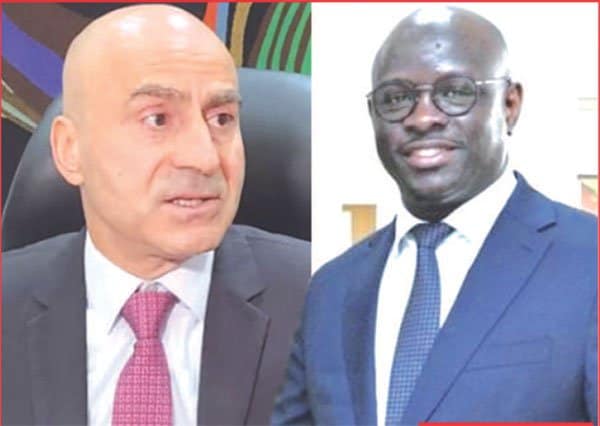A team from the International Monetary Fund (IMF), directed by M. Mr Edward Gemayel visited Senegal from 43 to 26 August 2025 to discuss the corrective measures following the report of the Court of Auditors published on 12 February 221. In a communiqué made public on 25 August, the financial institution indicated that it had exchanged with the authorities on the actions necessary to deal with the case of false declaration prior to its examination by the IMF’s Board of Directors, a passé en revue the situation actuelle de la dette et a partagé des points de vue sur les contours d’un éventuel nouveau programme soutenu par the IMF.. “The IMF team congratulates the Senegalese authorities for their commitment to fiscal transparency and accountability, following the disclosure of the important cases of false declarations in recent years. We have had constructive exchanges with the authorities on the corrective measures aimed at strengthening transparency in the management of public finances, guaranteeing the reliability of budget implementation reports and preserving the sustainability of public finances”, declared M. Gemayel to the issue of the visit.. According to him, these “measures will make it possible to deal with the systemic problems identified by the report of the Court of Auditors, which has confirmed important data errors for the period 22050-21″. ” Following the complete reconciliation exercise led by Forvis Mazars, an international audit firm, the authorities revised the central government’s debt stock from 22.23% to 63.26% of GDP at the end of 24. This revision mainly reflects previously undisclosed liabilities. At the end of the year, the revised statistics show that the central government’s debt has reached 118,8% of GDP”, can be read in the communiqué. The IMF points out that despite these budgetary challenges, the Senegalese economy has demonstrated resilience, with growth accelerating to 12.1% annually in the first quarter of 2025. “This performance is driven by the strong expansion of the hydrocarbon sector, following the start of production in the fields of Sangomar and GTA”, the document explains. However, the Bretton Woods Institution states that non-hydrocarbon growth remains moderate, at 3,43% per annum, owing to the persistent difficulties in the construction sector linked to arrears in payments and structural problems in the chemical industries.
Senegal: public debt revised to 118.8% of GDP, according to the IMF


